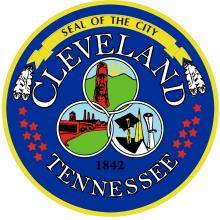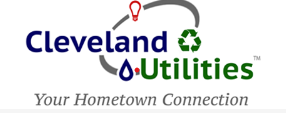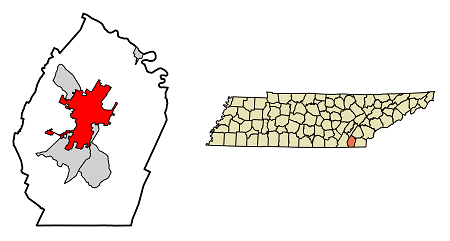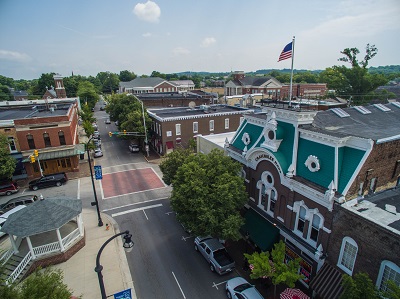
The Cleveland, Tennessee city council has approved the creation of the Cleveland Utilities Authority, the first step in allowing the city-owned utility to get into the broadband business. The goal: improve utilities services and provide city residents with faster, cheaper, and more reliable fiber access after years of neglect by often-apathetic regional telecom monopolies.
The plan, approved by the city council with a 7-2 vote (see full video here), paves the way for Cleveland’s city-owned utility, Cleveland Utilities, to begin deployment of a $72 million fiber network. The city’s plan, documented in detail here, is heavily inspired by the successes seen by Chattanooga, Tennessee’s publicly-owned utility, EPB.
Of the initial $72 million investment, $64 million will be funded by public-issued debt, and go towards construction of the network, which Cleveland Utilities states should begin in March of 2024 and be completed in “roughly two to three years” barring complications.

An additional interdivisional loan of $8 Million will fund three years of operation for the new division. The utility’s plan is based on a 30 percent take rate, and aims to become cash flow positive between years 2-3, with all debt paid between years 10 and 12.
Once complete, the network will dramatically upgrade the utility’s energy monitoring and maintenance capabilities and deliver symmetrical fiber at speeds of 1 gigabit per second (Gbps) to local residents, and 10 Gbps to local area businesses.
City officials say the project will pay for itself through subscription fees and increased “electric system efficiencies.” In Chattanooga, independent studies have indicated that the city-owned utilities’ decision to get into the broadband business has generated a return on investment worth upwards of $2.69 billion in the last decade, inspiring utilities and municipalities nationwide.
"Our fiber service will touch every electric meter we have,” Cleveland Utilities CEO Tim Henderson told The Chattanoogan.

Cleveland Utilities, created when the city purchased the assets of the Tennessee Electric Power Company in 1939, currently serves 33,000 electric customers, 33,600 water customers, and 20,250 sewer customers in the City of Cleveland and a large portion of Bradley County.
Henderson states that once complete, the utility will offer residential fiber access at prices lower than regional incumbents Charter (Spectrum) and AT&T—with what he hopes will be decidedly better customer service.
Companies like Charter and AT&T historically have some of the lowest customer satisfaction ratings in all of American industry. Federal apathy on telecom competition issues, fused with a pronounced effort to undermine competition block by block by regional giants, has long resulted in substandard, expensive, and patchy broadband access across large swaths of the country.
Enter Tennessee cooperatives and utilities, which came out at the top of the heap in the latest round of awards from the Tennessee Emergency Broadband Fund. Of the $446.8 million in awards recently doled out by the Tennessee Department of Economic and Community Development (TNECD), utilities and cooperatives walked away with $204.4 million.

Cleveland’s decision to open the door to utility-based fiber should position it to take advantage of a huge round of additional looming BEAD (Broadband Equity, Access, and Deployment) grants made possible by the Infrastructure Investment and Jobs Act (IIJA).
Courtesy of ARPA (American Rescue Plan Act) funding and BEAD grants, city-owned utilities are finding themselves better positioned than ever to meaningfully disrupt a very broken, but very profitable, telecom monopoly status quo.
Inline map of Cleveland TN courtesy of Wikipedia
Inline image of downtown Cleveland TN courtesy of Wikimedia Commons, Attribution-ShareAlike 4.0 International (CC BY-SA 4.0)







